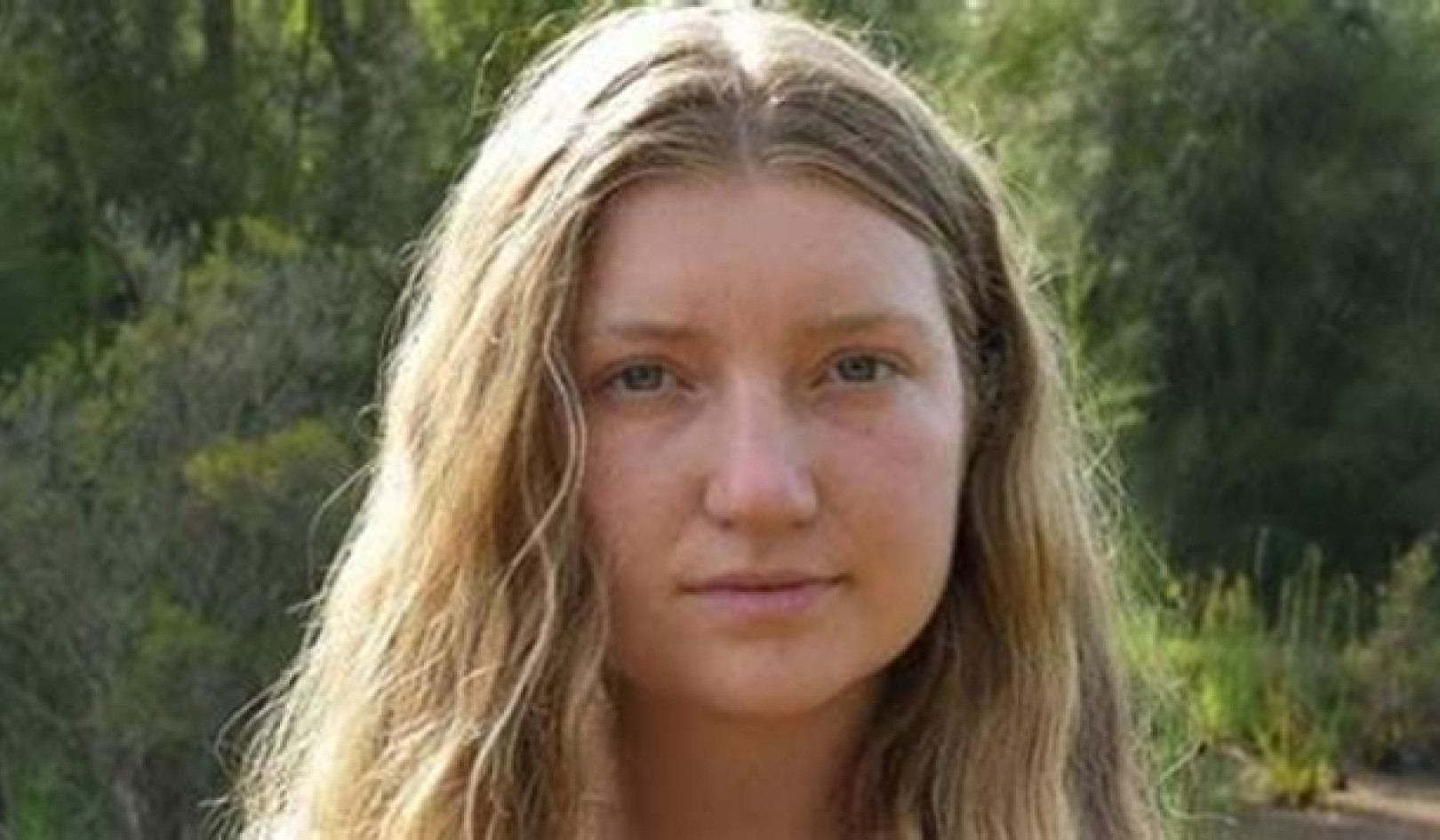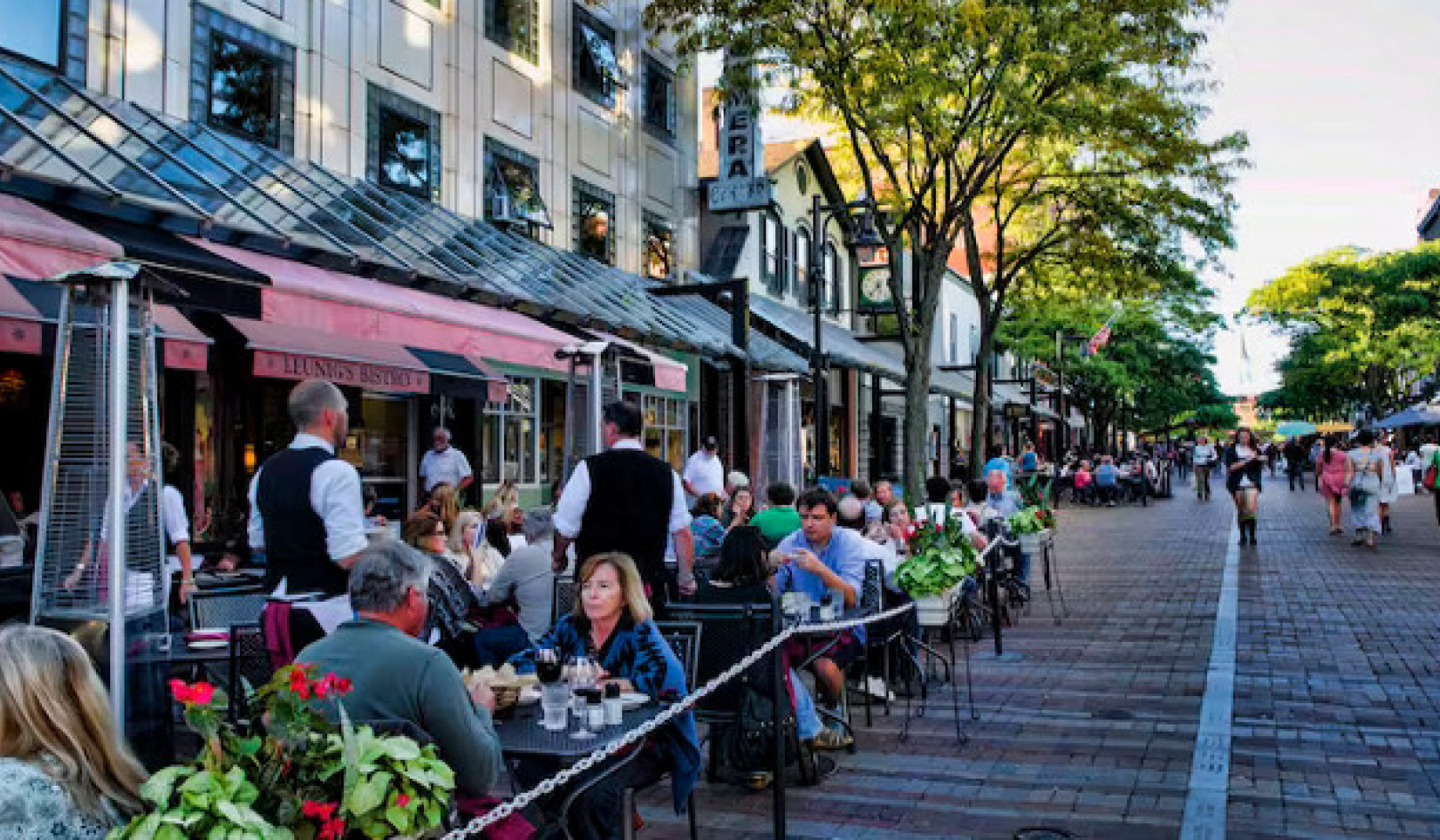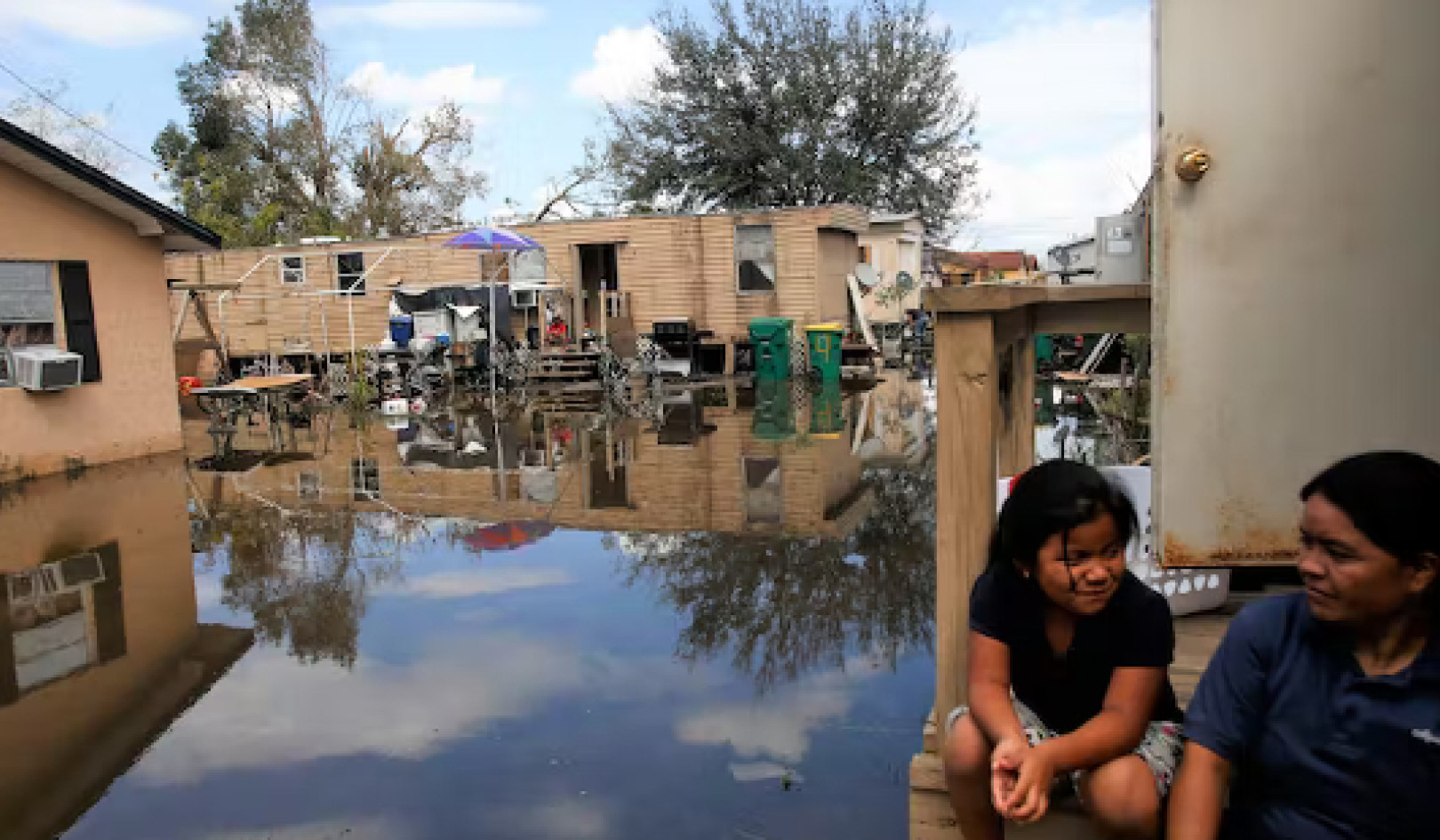Uninhabitable Earth: Life After Warming—Interview w/David Wallace-Wells—Radio Ecoshock 2019-02-27
Thanks for visiting InnerSelf.com, where there are 20,000+ life-altering articles promoting "New Attitudes and New Possibilities." All articles are translated into 30+ languages. Subscribe to InnerSelf Magazine, published weekly, and Marie T Russell's Daily Inspiration. InnerSelf Magazine has been published since 1985.

He set the climate conversation on fire with his 2017 article in New York magazine, where he is Deputy Editor and climate columnist. Now American journalist David Wallace-Wells is back with his new book “The Uninhabitable Earth, Life After Warming“. It’s a pleasure to welcome David to Radio Ecoshock.
Show by Radio Ecoshock, reposted under CC License. Episode details at https://www.ecoshock.org/2019/02/uninhabitable-earth-david-wallace-wells.html
Stop Fossil Fuels researches and disseminates effective strategies and tactics to halt fossil fuel combustion as fast as possible. Learn more at https://stopfossilfuels.org
TRANSCRIPT EXCERPT
Before he wrote the most popular article in New York magazine ever, Wallace-Wells covered the new science beat, stuff like gene editing, robots, and sometimes the arts. Now he is a climate columnist. Just this month, David told the Guardian newspaper “People should be scared—I’m scared“.
He just wrote an op-ed in the Sunday New York Times titled “Time to Panic—The planet is getting warmer in catastrophic ways.” I did a Radio Ecoshock show in 2005 called “It’s Time to Panic”. When it comes to the geo-biologic clock ticking away in the natural world, is it not way past “time to panic” about climate change?
The book began as a July 2017 article in New York magazine titled “The Uninhabitable Earth—Famine, economic collapse, a sun that cooks us: What climate change could wreak—sooner than you think.” It went viral, millions read it.
CLIMATE NATIONALISM AND CONFLICT
Some experts expect millions, perhaps hundreds of millions of climate refugees, as places become uninhabitable. James Lovelock suggested Britain, as an island in the climate storm, should start investing now in the new schools and hospitals that will be needed. Others want to build walls and kill anybody who comes. What do you think will happen as the livable land base shrinks?
In his new book, David Wallace-Wells suggests the flood of Syrians, escaping a civil war partly driven by climate-induced drought, stimulated the new populist nationalism in the West: “close the borders”. On the MSNBC “Morning Joe” TV David said:
“For every half a degree of warming we are expected to see between 10% and 20% increase in conflict, so if we get to where we are going, by the end of the century we could have twice as much war as we have today, and that conflict happens even at the individual level, so we’ll see rises in murder rates and rape, domestic assault. It spikes the rate at which people are admitted to mental hospitals. Absolutely every aspect of life on this Earth is scheduled to be transformed by climate changes, and that really is what my book is about, not just what the science tells is going to happen, but how the way that we will live will be changed by these forces.”
Then Joe Scarborough goes to his other guest, Penn State scientist Michael Mann for the obligatory more hopeful ending…
Lately I have been reviewing instances of rapid large-scale public change. The French and Russian Revolutions are examples. David do you think a wave of climate awareness could still sweep away our addiction to fossil-fuels and consumerism,—in time? If you have an hour and a half, here is a YouTube video from the BBC on the history of the French Revolution.
In his new book “The Uninhabitable Planet” David writes: “The majority of the burning has come in the last 25 years—since the premiere of Seinfeld.” One of my favorite lines from the Seinfeld TV sitcom comes from Elaine. After throwing a valuable fur coat out a window, she says “I guess I have to buy him a new coat, even though I don’t think I should be held responsible, which I am anyway“. Doesn’t that sound familiar for most people with climate change?
In March 2018, David published this article in New York magazine: “The Paris Climate Accords Are Looking More and More Like Fantasy—and they are the only thing keeping us from planet-wide environmental catastrophe”. I’m not sure. We are seeing far more local action, with city mayors aiming for carbon-neutral. Maybe a top-down solution will never be possible, but that doesn’t mean we completely fail.

Thanks for visiting InnerSelf.com, where there are 20,000+ life-altering articles promoting "New Attitudes and New Possibilities." All articles are translated into 30+ languages. Subscribe to InnerSelf Magazine, published weekly, and Marie T Russell's Daily Inspiration. InnerSelf Magazine has been published since 1985.

Redefining Gender Roles and "Man the Hunter" Stereotypes
This fascinating research suggests that gender roles in prehistoric societies may have been more fluid than commonly believed. Discover the potential role of digesta in reshaping our understanding...

How One Student Forced the Government to Admit the Economic Risks of Climate Change
In 2020, Katta O’Donnell, then a 23-year-old university student in Melbourne, launched a world-leading class action lawsuit against the Commonwealth government.

The Illusion of Climate Havens: Why No U.S. City is Truly Safe
Looking for a US ‘climate haven’ away from heat and disaster risks? Good luck finding one

Children’s Webcams Are Being Targeted by Online Predators
There has been a tenfold increase in sexual abuse imagery created with webcams and other recording devices worldwide since 2019, according to the the Internet Watch Foundation.

58% Of Human Infectious Diseases Are Made Worse By Climate Change
Climate change can exacerbate a full 58% of the infectious diseases that humans come in contact with worldwide, from common waterborne viruses to deadly diseases like plague, our new research...

Protecting Online Privacy Begins with Tackling ‘Digital Resignation’
In exchange for access to their digital products and services, many tech companies collect and use our personal information. They use that information to predict and influence our future behaviour.




















